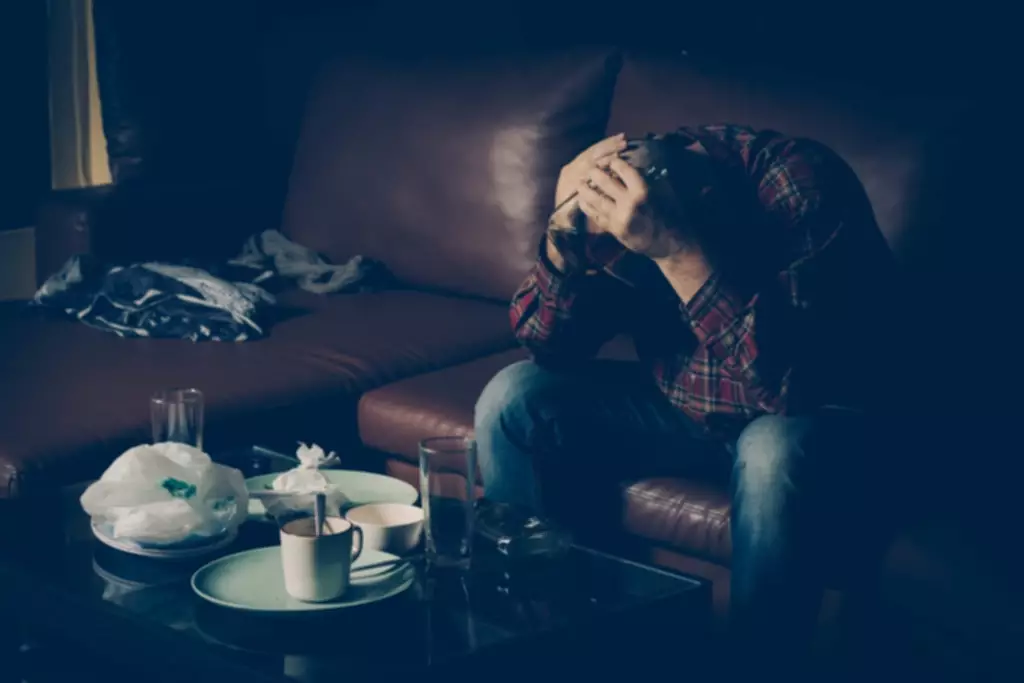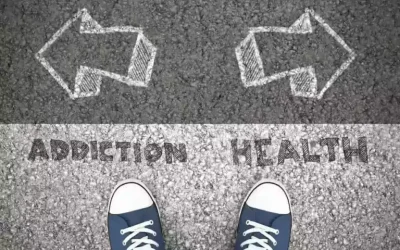Panic attacks occur randomly or due to intense fear, while psychosis is a symptom of an underlying mental health condition. An estimated 4.7% of adults in the United States experience panic disorder (characterized by repeated panic attacks) at least once in their lifetime. There’s no known cause of panic attacks, but genetics and high levels of stress might have something to do with it, according to the Mayo Clinic. People can also adopt long-term strategies to reduce the occurrence or frequency of panic attacks, such as making healthier lifestyle choices, trying therapy, and learning how to manage anxiety in daily life. Recurring or severe panic attacks can be a symptom of panic disorder.
Fear of losing control
That is why all of the content that we publish is always reviewed and analyzed by professionals in the psychology and healthcare fields. If you’re regularly experiencing some or all the symptoms listed above, it’s important to seek professional help immediately. The main form of treatment to prevent psychotic episodes in people with conditions, such as schizophrenia, is antipsychotic drugs. Sometimes even the thought of having another panic attack can make your heart beat faster. But knowing that help exists and that you’re not alone should make it a little easier. If someone else is having a panic attack, a person can talk them through a few of the methods above.
- The first step to managing the symptoms of a panic attack — whether occasional or frequent — is understanding them and what they feel like.
- Once the physical sensations of panic no longer feel threatening, the attacks begin to resolve.
- A technique called progressive muscle relaxation is a popular, effective method for coping with anxiety and panic attacks.
- He specialized in treating patients with a history of depression, anxiety, trauma, and substance use disorders.
What are the symptoms of a panic attack?
For every drink you have, you urinate as much as 50% to 100% more water, and this water is taken from other parts of the body. Typically, he offers this in conjunction with supportive therapy, motivational interviewing, and/or cognitive behavioral therapy in 30-minute follow-up visits. Occasionally, Dr. Lin may recommend that additional therapy is needed and ask that you bring a therapist into your care team in order to provide the best outcome. Still, it is great to see companies working towards making mental health care more accessible. Private therapy often comes with a price tag too hefty for many who are already grappling with the challenge of providing basic necessities for their families during a cost-of-living crisis. Had those words come from a concerned friend, family member, or even a mental health professional, I might have felt reassured.
Alcohol and Anxiety: Does Alcohol Cause Anxiety and Panic Attacks?
They can be frightening, but they’re not dangerous and shouldn’t harm you. Anxiety disorder symptoms can disrupt a person’s life, making it difficult to work, participate in social events, and maintain relationships. The fact that all these physiological changes can cause symptoms so similar to those of a panic attack can trick your brain into having a real one. The two often create a cycle that’s hard to break, whereby the onset of one is a trigger for the other. With Talkiatry, you can see a psychiatrist from the comfort of your home and you can schedule your first appointment in a matter of days. To get started and learn about your treatment options, take our free online assessment, to see if Talkiatry is right for you and get matched with a psychiatrist.
- He then had additional training in Addiction Psychiatry through his fellowship at the University of Texas Southwestern Medical Center.
- In some cases, a person who drinks alcohol to relieve feelings of anxiety might end up drinking more because they expect alcohol to provide a certain amount of relief from their anxiety symptoms.
- Some dietary supplements have been studied as a treatment for panic disorder, but more research is needed to understand the risks and benefits.
- Talkiatry is a national psychiatry practice that provides in-network, virtual care.
- So you could have some less intense physical and psychological sensations for up to a day or two after the panic attack began.
How long does alcohol anxiety last?
It’s never too late (or too soon) to reach out for help if you are trying to cope with a mental health condition or substance use disorder. A review of studies published in 2012 found that anxiety disorders and alcohol use disorders often occur together. Several proposed explanations exist for the link, including genetics, a person’s environment, and the brain mechanisms related to addiction and anxiety symptoms. Some people may develop panic disorder, which psychologists define by repeated, unexpected panic attacks that interfere with daily functioning. While 15 to 30 percent of people will have at least one panic attack in their life, only two to four percent will develop panic disorder, Dr. Schneier said.

Treatment for Alcohol Use and Anxiety Disorders
- This can slow and deepen our breaths, flooding the brain with oxygen and triggering the parasympathetic nervous system, which helps signal that we don’t need to fight, and reduces levels of distress.
- A red flag for someone who may be wondering whether or not they have an alcohol use disorder, Koob says, is if they self-medicate anxiety with more alcohol.
Alcohol is believed to mimic this effect by also binding to GABA receptors. That’s why drinking can help you feel relaxed in the short-term, especially in social situations. Additionally, alcohol affects neurotransmitter levels in the brain—the chemical messengers responsible for how we think, feel, and behave. Over time, these changes can make it harder for you to relax when you aren’t drinking and may lead to persistent worries, intrusive thoughts, and other anxiety symptoms. It is not always possible to predict panic attacks, but having a plan in place for when they do occur can help a person feel more in control.

- These feelings are a direct result of panic, though, so it doesn’t necessarily indicate any physical or life threatening problem.
- But to receive a diagnosis of a panic attack, you’ll still need to have at least four of the detailed symptoms above.
- Talking therapies like CBT (cognitive behavioural therapy), can help you learn to spot unhelpful patterns of behaviour and help you to develop coping strategies.
- Nature or ‘green therapy’ has a proven effect on anxiety levels and calming panic attacks.
- Your blood sugar spikes and your senses get sharper, so you remain alert.
Suddenly decreasing or stopping your alcohol intake can cause your body to go into withdrawal, potentially leading to a number of dangerous symptoms including hallucinations, dehydration and seizures. However, if there is a chance that you are physically does alcohol cause panic attacks or psychologically addicted to alcohol then you should not attempt to stop drinking without professional support. Although panic attacks themselves aren’t life-threatening, they can be frightening and significantly affect your quality of life.
Here’s Why You Get ‘Hangxiety’ After a Night of Drinking – Self
Here’s Why You Get ‘Hangxiety’ After a Night of Drinking.
Posted: Fri, 01 Jan 2021 08:00:00 GMT [source]
